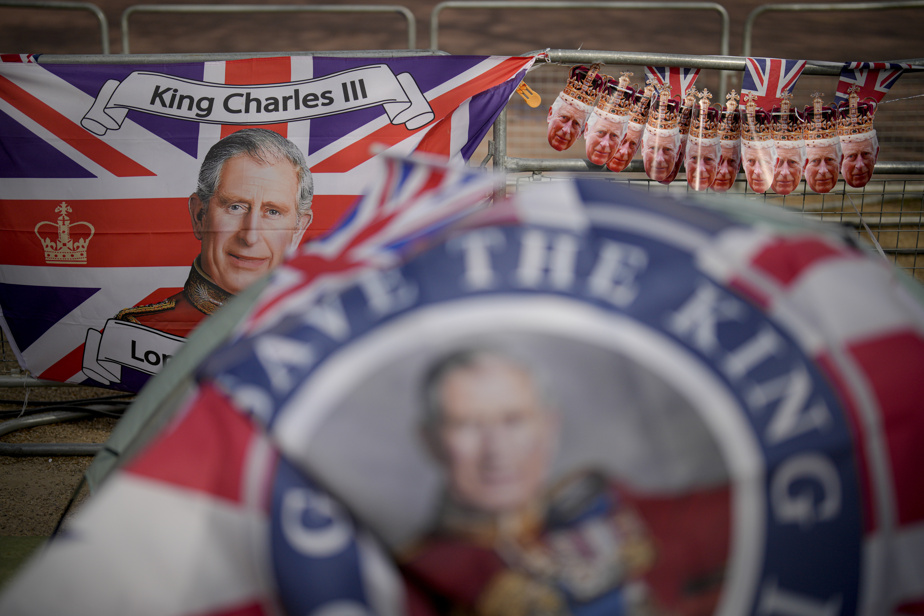Charles III’s face will replace his mother’s on Canadian $20 bills and coins, Justin Trudeau’s cabinet announced Saturday. This won’t be for now, but “during the next design process” after the Royal Canadian Mint designs the Charles coins. All coins engraved with the image of the Queen will be legal tender and will remain in circulation. In England, Charles III is not yet on the banknotes either. Books in his image will be in circulation from 2024.
During citizenship ceremonies, new Canadians already take the oath to the king and no longer to the queen since her death. The text reads: “I swear (or solemnly affirm) that I will be faithful and bear sincere allegiance to His Majesty King Charles the Third, King of Canada, to his heirs and successors, that I will faithfully observe the laws of Canada, including the Constitution which recognizes and affirms the Aboriginal and Treaty rights of First Nations, Inuit and Métis, and that I will faithfully fulfill my obligations as a Canadian citizen. »
Canada Post on Saturday unveiled new stamps to mark the coronation of Charles III, which will be issued on Monday. The portrait of Charles, when he was still Prince of Wales, was taken by photographer Alan Shawcross, a Briton for whom several members of the royal family posed. As for the Queen Elizabeth II stamps, they will remain on sale at post offices and online “while supplies last,” says Canada Post. Meanwhile, Britain unveiled stamps at the end of April to mark the coronation of King Charles III and Queen Camilla. They illustrate the coronation of the king at Westminster Abbey; another depicts cultural diversity in England (featuring symbols from different religions); a third evokes the Commonwealth, and the last evokes the nature which is dear to the king.
For decades, it has been in the name of Her Majesty the Queen that prosecutors across the country have brought criminal prosecutions. An expression that has already changed with the death of Elizabeth II and the accession to the throne of King Charles III. As Canada is a constitutional monarchy, it is a representative of the king who sanctions the laws. Further, it is through powers vested in Her Majesty that prosecutors bring criminal charges against citizens. This is why it is called “King versus X” to describe a criminal case. The term “Crown Attorney” is also commonly used to refer to criminal and penal prosecuting attorneys.

